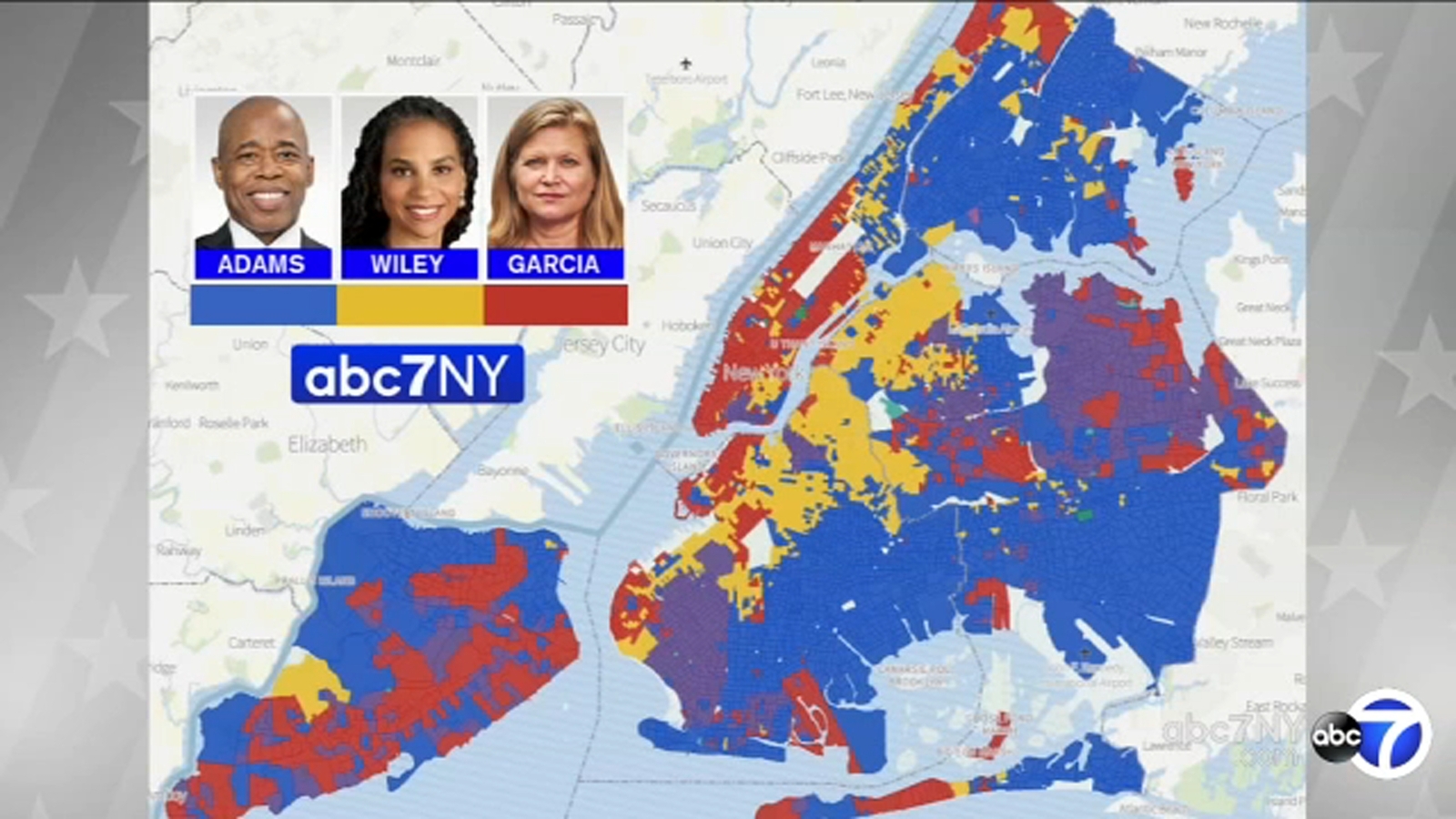G7 Meeting: Silence On Tariffs Despite Looming Concerns

Table of Contents
Rising Global Trade Tensions and the Absence of Tariff Discussions at the G7 Meeting
Global trade relations are currently strained. Existing trade disputes and the implementation of protectionist policies have created an atmosphere of uncertainty and apprehension. The expectation was that the G7 summit would address these concerns head-on, particularly the escalating issue of tariffs. However, the lack of significant discussion on G7 Meeting Tariffs was a surprise to many analysts.
- Recent Tariff Increases: The ongoing trade war between major economies has led to significant tariff increases on various goods, disrupting global supply chains and impacting businesses worldwide.
- Economic Impact: These tariffs have resulted in increased costs for consumers, reduced export opportunities for some countries, and slowed economic growth in certain sectors.
- Analyst Expectations: Before the G7 meeting, many experts anticipated a robust discussion on tariff reductions and a coordinated approach to de-escalate trade tensions. The silence on this crucial issue has raised questions about the commitment of G7 nations to multilateralism in trade.
Potential Reasons Behind the G7's Silence on Tariffs
Several factors could explain the G7's lack of decisive action on tariffs. The complexity of the issue, coupled with diverging viewpoints among member nations, likely contributed to the absence of a unified stance.
- Divergent Viewpoints: G7 members hold differing opinions on the optimal approach to trade policy, making it challenging to reach a consensus on tariff reductions or reforms.
- Political Complexities: Internal political pressures and domestic considerations within individual G7 nations may have prevented a strong commitment to tackling tariff issues collectively.
- Competing Priorities: Other pressing global challenges, such as climate change and geopolitical instability, may have overshadowed trade concerns during the summit.
- Strategic Inaction: Some speculate that the decision to avoid direct discussion on tariffs was a strategic move to prevent further escalation of trade tensions.
Economic Implications of the G7's Inaction on Tariffs
The G7's inaction on tariffs carries significant economic implications, both in the short and long term. The lack of a coordinated approach increases the risk of further trade disputes and protectionist measures.
- Escalation of Trade Wars: The absence of a clear signal from the G7 could embolden countries to implement further protectionist measures, intensifying trade wars and harming global economic growth.
- Negative Impact on Supply Chains: Continued tariff disputes disrupt global supply chains, leading to production delays, increased costs, and uncertainty for businesses.
- Uncertainty for Businesses and Investors: The lack of clear direction on trade policy creates uncertainty for businesses and investors, hindering investment decisions and economic expansion.
- Increased Consumer Prices: Tariffs ultimately increase the cost of goods for consumers, impacting household budgets and reducing purchasing power.
Looking Ahead: Future Prospects for Global Trade and Tariff Negotiations
The future of global trade remains uncertain following the G7 meeting's silence on tariffs. However, several avenues for resolving trade disputes and addressing tariff-related concerns exist.
- Future G7 Meetings: Subsequent G7 meetings may prioritize discussions on trade-related issues, focusing on finding common ground and coordinating policy responses.
- Bilateral and Multilateral Negotiations: Individual countries may engage in bilateral or multilateral negotiations to address specific trade disputes and tariff concerns.
- Role of International Organizations: International organizations like the WTO can play a crucial role in mediating trade disputes and promoting a rules-based trading system.
- Policy Changes: Policy changes aimed at reducing the negative impacts of tariffs, such as targeted support for affected industries, could mitigate some of the economic consequences.
Conclusion: The G7's Silence on Tariffs: A Call for Action
The G7's silence on tariffs at its recent meeting is deeply concerning. The potential economic consequences of inaction are significant, and the risk of further escalation of trade tensions remains high. Addressing these concerns promptly is crucial to maintain global economic stability and prevent further damage to international trade. To stay informed about developments related to G7 Meeting Tariffs and their impact on the global economy, follow reputable news sources and international organizations specializing in trade policy. Continued discussion and engagement on this crucial issue are essential for shaping the future of global trade. Let's ensure the next G7 Meeting addresses tariffs with the urgency this critical issue demands.

Featured Posts
-
 Nyc Mayoral Election 2024 American Jewish Congresss Stance On Cuomo Lander And Mamdani
May 27, 2025
Nyc Mayoral Election 2024 American Jewish Congresss Stance On Cuomo Lander And Mamdani
May 27, 2025 -
 Lunedi 10 Marzo Almanacco Eventi Storici Compleanni E Proverbio
May 27, 2025
Lunedi 10 Marzo Almanacco Eventi Storici Compleanni E Proverbio
May 27, 2025 -
 Abd Politikalari Ve Trump In Yoenetimi Son Haberler Ve Degerlendirmeler
May 27, 2025
Abd Politikalari Ve Trump In Yoenetimi Son Haberler Ve Degerlendirmeler
May 27, 2025 -
 Tracker S02 E14 And S02 E15 Exodus And Season 2 Finale Preview
May 27, 2025
Tracker S02 E14 And S02 E15 Exodus And Season 2 Finale Preview
May 27, 2025 -
 Victor Osimhen Transfer News Man Utds Renewed Hope
May 27, 2025
Victor Osimhen Transfer News Man Utds Renewed Hope
May 27, 2025
